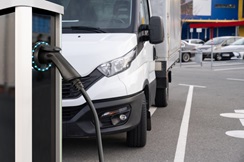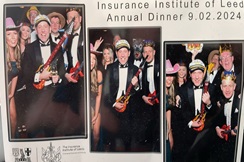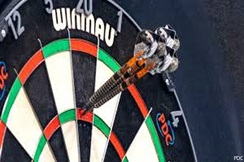A Guide to Personalised Number Plates: Is Your Fully Comprehensive Car Insurance Really Fully Comprehensive?
(blank)
A Guide to Personalised Number Plates: Is Your Fully Comprehensive Car Insurance Really Fully Comprehensive?
With many millions of private number plates in the UK, personal plates are big business. Many of these numbers are purchased as an investment and kept without being used on a car – but most are used on vehicles throughout the country, giving a personal aspect to the dreary necessity of a vehicle registration plate.
However, many people don’t realise that without specific agreement with your car insurance provider, the cost of the number plate may not be recovered by the policy holder in the case of the car being stolen or written off. Read on for our guide to personalised number plates and how to protect them.
Where can you buy personalised number plates, and how much do they cost?
Number plates can be bought from the DVLA or through a private seller, with the most expensive UK plate to date being a massive £518,480 for the number “25 O.”[i] Of course, most people wouldn’t consider spending half a million pounds on a number plate; but there are many thousands of people who do spend significant amounts on private plates that mean something to themselves or their loved ones.
Many of the personalised plates in the UK are not actually used on the road. The rights to them are kept on a certificate (that needs renewing every ten years – or more frequently for numbers purchased before 2015.) This can be made into a plate that can be used as a decoration, or just kept until the “perfect vehicle” is found.
Registering your plate
When you purchase the rights to use a personalised number you will receive a certificate of entitlement in the form of a V750 or V778 document. When you are ready to register the number plate to a vehicle, you need to use this document to assign the number to the relevant car. At this point you will be sent a new V5C log book for the vehicle, detailing the new registration number. The new number plates must be fixed to the car before driving. [ii]
Get a professional, roadworthy plate
There are a number of legal requirements for a roadworthy number plate, including the colour of the numbers and background. Ensure that the number plate is made by a professional company that can guarantee its legality, as a non roadworthy number plate can incur fines of up to £1000, as well as causing your vehicle to fail its MOT.
Speak to your insurance company
Any change in number plate must be shared with the car insurance company immediately, to avoid the risk of invalidating your insurance.
However, you need to speak in detail to your insurance company about the full implications of the new number, rather than just informing them.
Who does the number plate belong to?
Once the plate has been assigned to a vehicle, unless a specific transfer is made before its sale, when the car is sold, the number plate is sold with it. It is possible to take a personalised number off a vehicle if you are the vehicle’s registered owner; therefore this must be done before the sale of the vehicle.
The complication is that, if an insurance company gives you a payout for the cost of your car (thereby essentially “owning” your vehicle), they also own the licence plate that is assigned to it. If they have not scrapped the vehicle you may be able to buy this back from them.
A letter of non-interest
A better way is to request a letter from the insurance company confirming that they have no interest in the personalised number plate. With this reassurance from them, in the event of a car being written off in an accident, or unrecovered after being stolen, you can write to the DVLA confirming that you wish to keep the registration number before the claim is settled. The insurance company will also have to confirm their non-interest in the number.
In the case of an unrecovered stolen vehicle, 12 months has to elapse before the number can be requested (though the police and DVLA should be informed as soon as the theft is realised) and the vehicle owner has to evidence that the vehicle was up to date with its tax and MOT.
Check with your insurance company
As with all aspects of insurance, it is best to speak to your insurance company or broker. The underwriter will be able to explain exactly what is and is not included in the insurance, providing details of the policy in writing where necessary. This can help you to make sure that your fully comprehensive car insurance really is fully comprehensive – and that you will get your personalised number plate back in the event of your car being stolen or scrapped.
[i] Jimi Beckwith | Autocar. 2017. The most expensive numberplates sold in the UK | Autocar. [ONLINE] Available at: https://www.autocar.co.uk/car-news/anything-goes/most-expensive-numberplates-sold-uk. [Accessed 16 April 2018].
[ii] All information from the Gov.uk website. For further details of requirements and restrictions on personalised number plates established by the DVLA go to: https://www.gov.uk/personalised-vehicle-registration-numbers









